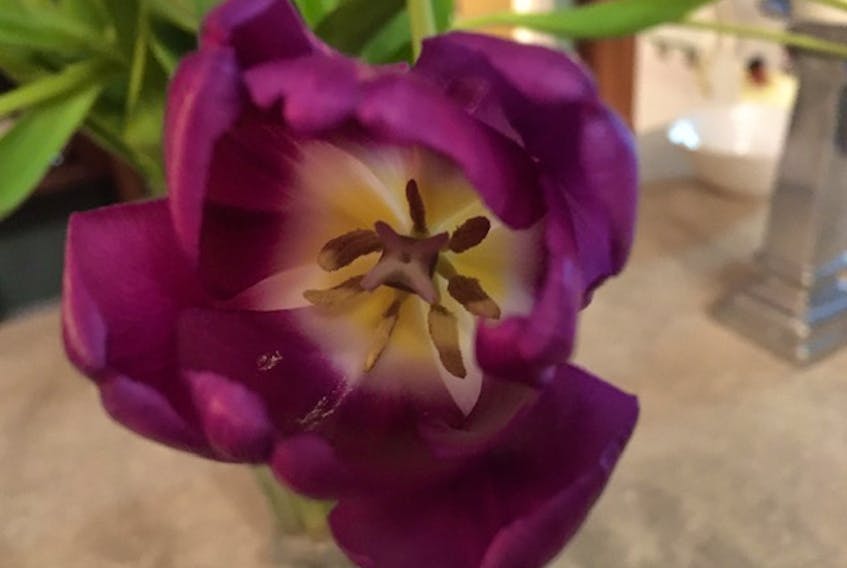“Life is what happens to you while you’re busy making other plans.” — John Lennon, “Beautiful Boy”
I’m sitting in a tea shop, about to lift a china cup to my lips, when an older British woman moves her chair over next to mine.
“You’re not supposed to be this close to me!” I say, physically recoiling, horrified at her proximity.
“What’s the point of being in this together if we can’t be together?” she asks.

Then three other older British women pull their chairs over to join us. All four are wearing cardigans over dresses, and blue surgical masks.
They launch into a rousing version of “We’re Here Because We’re Here,” swaying back and forth.
What if one of them has COVID-19?
I wake up in a sweat.
It’s the kind of nightmare I’ve been having a lot lately, though not all of them with musical accompaniment.
“We’re Here Because We’re Here” is an odd choice for my brain to have made. It’s a song that was sung in the trenches during the First World War, to the tune of “Auld Lang Syne.”
London, U.K. blogger Jim Carroll suggests the song reflects the soldiers’ lack of understanding of why they were in the trenches in the first place.
“It’s a tragic thought, that the soldiers on the front line had no real sense of why they were on a particular mission or manoeuvre,” he writes. “They got on with the job without knowing what the job was.”
That is a tragic thought.
And it led me to this one: why am I here?
I don’t mean why am I here, in my home office, writing this column; trying to manage — albeit remotely — a newsroom.
How can you plan anything, when life and the rules of life are changing so quickly?
No, I mean it in the more philosophical sense. Why am I here? Why are you here? Why are any of us here?
The early days of this pandemic were upon us so rapidly that there was hardly time to do much but adjust. A month ago, my husband and I were saying goodnight to dinner party guests, never thinking that they would be the last guests we would have — the last people we would share a meal with — for the foreseeable future.
But that’s the point about the future. It’s never completely foreseeable.
Once COVID-19 had settled into our province for a couple of weeks, throwing everyone’s lives off-kilter, there was more time to ponder the implications. To think about how, in the span of several days, life as we knew it had drastically changed.
Whoever thought the daily trip to the grocery store — with its comforting smells of citrus, rotisserie chicken and baking bread — would become a weekly journey of dread. Did that person just get too close? Who touched this sweet potato before I did? Am I far enough away from the cashier?
That visiting my mother or hugging our kids would give way to more remote modes of contact.
That dreaming of travel would amount to just that: dreaming.
How can you plan anything, when life and the rules of life are changing so quickly?
Not knowing when things would be normal again made me feel adrift for awhile; nerve-jangled and anxious, my fingernails bitten down to the quick.
And then one day last weekend I revisited my old friend Seamus Heaney, and his collection of poems “Death of a Naturalist.”

— Contributed photo
I was lucky enough to have met him and hear him read his work.
Heaney’s gone now, of course. A Nobel laureate for literature, he died in 2013.
But his poems live on to hammer home the point, with his uniquely muscular eloquence, that life is here and now and real and there is much beauty (and pain and injustice) to be found in it.
In “Poor Women in a City Church” he writes:
The small wax candles melt to light,
Flicker in marble, reflect bright
Asterisks on brass candlesticks”
Heaney would not have suffered through many rounds of “We’re Here Because We’re Here.”
He knew why we were here. To live. To love. To connect. To take joy where we can find it. When we can find it.
Pam Frampton is The Telegram’s managing editor. Email [email protected]. Twitter: pam_frampton
Recommended listening









